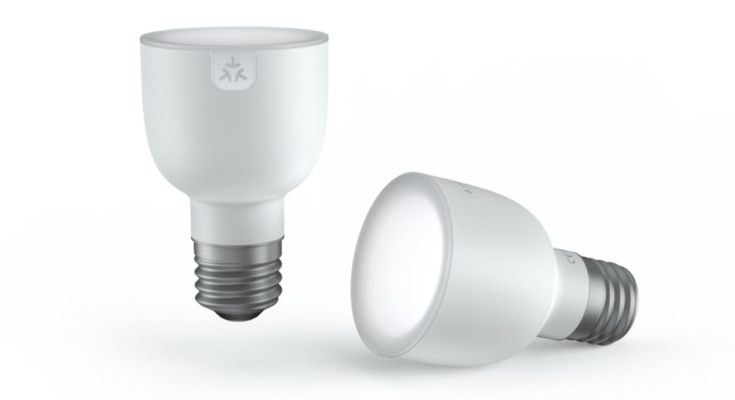
Matter is a new standard that’s supposed to make your smart home gadgets play nicely together. Apple, Amazon, Google, Samsung SmartThings, and Signify, the team behind the Philips Hue smart bulbs, already committed to it earlier this year. Matter will make it easier to pick out gadgets that work with one another, but it’s also supposed to help standardize the industry so that smart devices all work on the same specification.
We expected to see the first batch of Matter-compatible devices hit store shelves as soon as this holiday season. But the Connectivity Standards Alliance just announced that Matter’s official release has been pushed back to the first half of 2022. That’s when developers will officially have access to the software development kit and when the formal certification program will kick off.
The software development kit for Matter apparently needs more time to bake. CSA CEO Tobin Richardson explained in a lengthy blog post:
Taking an open-source SDK approach means everyone that develops a Matter device can use the same code base. That’s an absolutely critical element to ensuring rapid adoption and market success—but we need to get it right. The ultimate goal remains to deliver a specification and SDK that delivers on our promise to create a common language for the smart home and improve consumer smart home experiences and spur greater innovation.
A report from StaceyonIoT adds more context to the delay, citing the pandemic’s resurgence and the fact that there have been over a dozen new companies added to the roster. The longer lead time for Matter would also benefit independent gadget makers and developers who might not have the resources to adopt and adapt immediately.
The delay makes sense, considering the collective flux the world is experiencing right now. And though Matter, formerly known as Project Connected Home over IP (CHIP), has been in the works since 2019, StaceyonIoT points out that what it’s attempting to do for the smart home at scale is absolutely “audacious.” This new protocol is supposed to supersede all current ways of connecting smart devices. No longer will you have to rely on a particular hub to ensure your smart bulbs come on when a motion sensor detects movement, for example. What Matter is proposing will help eliminate the headache of living in a fragmented smart home. Manufacturers want in because if Matter makes it easy to set up and use gadgets from various companies, it might also inspire more consumers to buy in and create personalized connected home ecosystems without friction.
In an email to Gizmodo, the Zigbee Alliance confirmed that the Matter Working Group “made the decision” to delay along with participants from many major brands. Richardson also notes that Matter has “strong participation” from more than 200 companies and 2,000 individuals.
With so many big names signing on to the standard, Matter might be worth waiting for after all. But the big question remains as whether you should hold off on buying new smart home gadgets. It’s unclear which existing devices will be comply with the Matter standard, though those enabled with Thread are almost guaranteed to be compatible.



